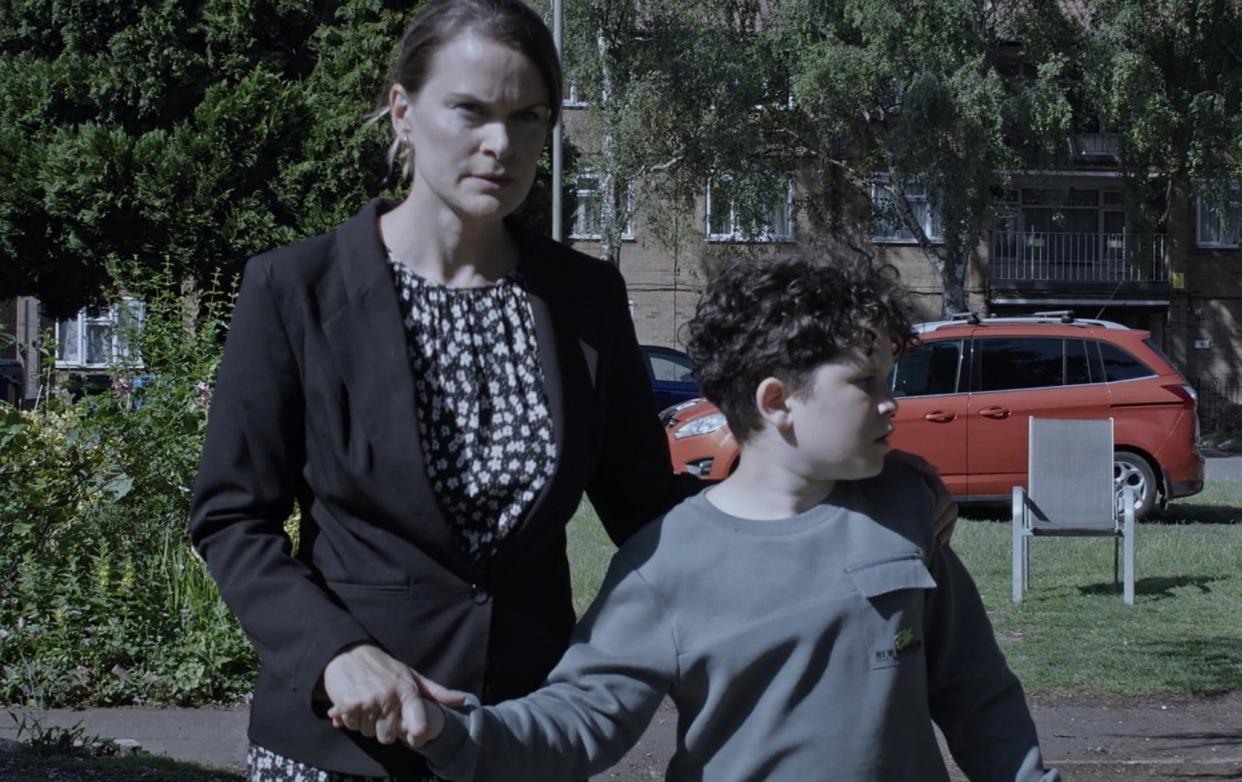When Evil Came to Rochdale, review: disturbing account of the UK’s own ‘Satanic panic’

The title of When Evil Came to Rochdale (Channel 5) may have led you to expect a documentary on grooming gangs. Instead, it went back to an earlier scandal: the “satanic panic” – imported from the US – that led to children being taken from their homes on the strength of outlandish claims about ritualistic sexual abuse.
Social workers are often the scapegoats when child protection goes wrong, according to one of the contributors. “It’s not the GP, it’s not the health visitor, it’s not the police officer – it’s the social worker who carries the can.” Maybe so. But in some of the stories highlighted here, the behaviour of social workers was truly shocking.
In Rochdale in the early 1990s, a six-year-old boy made claims about ghosts, being locked up, and being given a drink that made him feel that he could fly. This led to 15 children from the same estate being taken into care, many of them seized in dawn raids while still in their pyjamas.
Months later, the same happened in Orkney, with nine bewildered children forcibly removed from their parents and flown to the mainland. This time it wasn’t ghosts, but witchcraft ceremonies in a quarry.
The stories were easily debunked: the six-year-old boy and his sister in Rochdale had been allowed to watch “video nasties” and their imagination ran away with them. The child who made the original claims in Orkney was from a troubled background. The children in both cases were eventually returned home.
But the most disturbing aspect was the willingness of the social workers to believe this stuff, which had begun in the US in the previous decade as fears about heavy metal lyrics and somehow spread to academia. Jean La Fontaine, commissioned by the Government to investigate, concluded that social workers were so convinced of its existence that they were “on a crusade”. Footage from the interviews in Rochdale was awful: adults asked leading questions as the children cried.
This documentary was well-made from one perspective – interviews with the lawyers who represented the families – and included academics versed in the subject. But no social worker or council leader appeared to explain their actions.
The panic has not gone away, but has morphed into something different. These days it is crazy people on the internet who have taken the beliefs and run with them – see “Pizzagate” in the US, an insane case in Hampstead recently covered by a Channel 4 documentary, or one horrendous example featured here in which a child in Wales was kidnapped by vigilantes convinced they were “saving” the child from harm.

